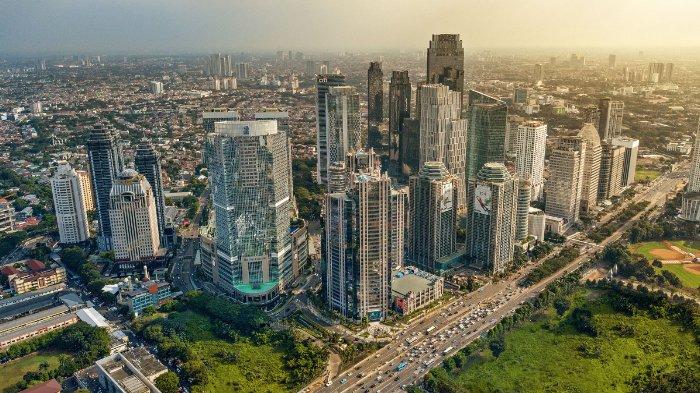As businesses recover and expand, choosing the right workspace becomes crucial. In Indonesia, while some companies consider shophouses or residential conversions which offer more flexible and affordable, most still prefer purpose-built office buildings for their professional environment, convenience, and long-term value.
More than just physical space, office buildings offer the infrastructure, services, and image that support sustainable business growth—making office leasing a continuing opportunity in Indonesia’s evolving property market.
1. Infrastructure That Supports Professional Growth
Office buildings are designed for efficiency, with proper layouts, soundproofing, and adequate lighting that meet corporate standards. Unlike shophouses, which require renovations to suit office needs, purpose-built offices allow companies to operate immediately and scale more easily as they grow.
2. Managed Facilities That Simplify Operations
Building management teams provide essential services such as security, cleaning, and maintenance. This allows tenants to focus on core business activities instead of handling operational logistics—a convenience that standalone shophouses rarely offer.
3. Strategic Locations That Strengthen Access and Image
Most office buildings are situated in central or secondary business districts, ensuring easy access for employees, clients, and partners. The location alone enhances visibility and credibility, especially for firms that rely on professional networking and frequent meetings. Shophouses, often in residential zones, can limit that accessibility.
4. Efficient Space Utilization That Maximizes Value
Purpose-built offices make better use of space. On average, 80–90% of their total area is productive workspace, compared with 60–70% in shophouses. Fewer interior walls and better layouts mean companies can accommodate more staff or functions without expanding their lease size.
5. Facilities That Reflect Corporate Standards
Amenities like reception areas, meeting rooms, cafeterias, and secure parking reinforce professionalism. This creates a better impression for both employees and visiting clients. By contrast, shophouses often lack adequate parking or formal reception areas—making them less ideal for growing businesses.
6. Flexibility That Adapts to Business Change
Office buildings often offer flexible lease options and shared facilities suitable for startups or expanding companies. Some even include co-working zones and hybrid layouts, catering to today’s diverse work models. This adaptability helps firms remain agile without losing their professional edge.
Market Trends Reinforce the Sector’s Strength
According to SewaKantorCBD’s Jakarta CBD Office Market Overview (2H 2023), office space demand in Jakarta’s central business district rose 2.36% year-on-year, supported by lower post-pandemic rental prices. In addition, data from Jones Lang LaSalle (JLL) show that Indonesia’s office leasing market is projected to improve in 2026, with occupancy rates expected to rise by 2–2.2% amid limited new supply.
Currently, Grade-A offices in Jakarta’s CBD and non-CBD areas maintain around 65% occupancy, with rents averaging USD $12.18 per m² in the CBD and USD $6.12 per m² in non-CBD zones.
These figures highlight that the office segment remains stable and promising, especially as businesses continue to seek professional, well-managed spaces.
With reliable infrastructure, strategic locations, and a recovering market, leasing office buildings remains a smart long-term choice for companies operating in Indonesia. Beyond functionality, these spaces offer the flexibility and image that help businesses grow sustainably—signaling that Indonesia’s office sector continues to hold strong potential.
Source: Bisnis.com
Photo Credit: SCBD


